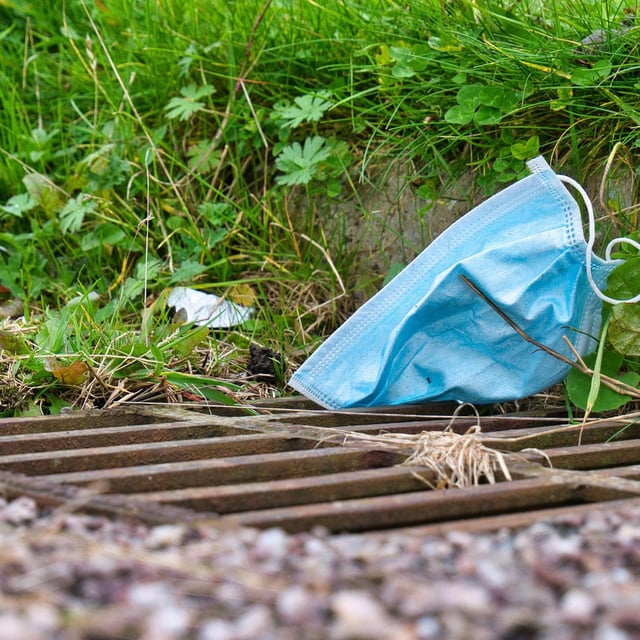Overview
- Coventry University scientists reported in Environmental Pollution that unused disposable masks released microplastics and chemical additives after 24 hours in ultra‑pure water.
- Filtering facepieces such as FFP2 and FFP3 shed three to six times more particles than standard surgical masks in the lab tests.
- Most particles measured under 100 micrometres and were predominantly polypropylene, with polyethylene, polyester, nylon and PVC also detected.
- Chemical analysis found bisphenol B in the leachate, and researchers estimated pandemic mask use contributed roughly 128–214 kilograms of this endocrine disruptor to the environment.
- With pandemic demand estimated at about 129 billion masks per month and limited recycling, the study highlights persistent pollution from discarded PPE and the need to shift product design and waste management.


